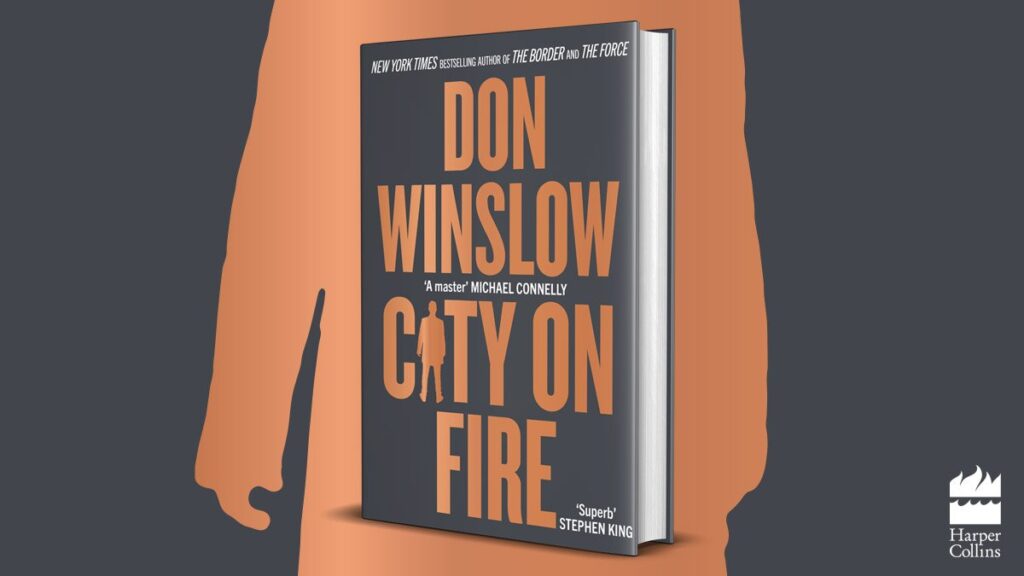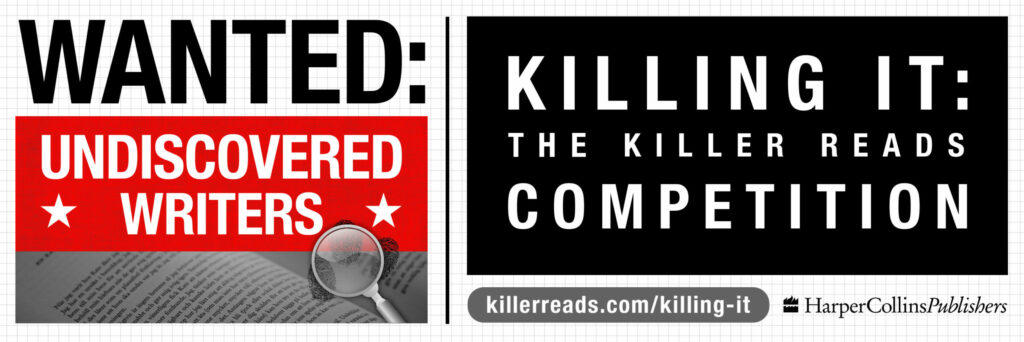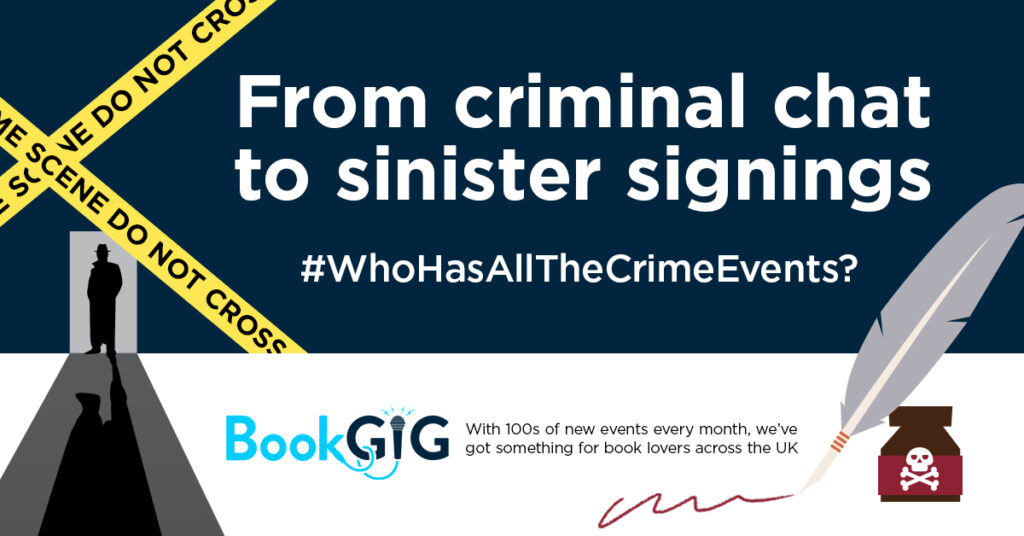 Happy publication date to Andrew Taylor, award-winning author of The Scent of Death, which is out today in paperback. Earlier this year, we asked you to send in your questions for Andrew to answer and we’re pleased to feature your questions (and his answers!) below.
Happy publication date to Andrew Taylor, award-winning author of The Scent of Death, which is out today in paperback. Earlier this year, we asked you to send in your questions for Andrew to answer and we’re pleased to feature your questions (and his answers!) below.
1. Do you research true life crime to get ideas?
Yes. For example, I found the 1824 Fauntleroy banking scandal in the Newgate Calendar, the record of old trials, which gave me an important plot element for The American Boy. In Bleeding Heart Square, I used an old London legend and mixed it with a real-life celebrated Victorian case, the Moat Farm murder, which had a slight connection to my grandmother’s family (nothing too sinister, honestly…) It’s an ongoing process.
2. How/where do you do your research for your historical crime novels? (Michael Chin)
I browse the internet and the London Library. I’m not very methodical about the process, I’m afraid. But I do try to read primary sources where possible, not second-hand accounts. I like to hear the individual voices of the dead – as they come through in their letters, novels, diaries, plays, etc. That seems much more important (and interesting) than what this or that academic has written about a period two hundred years later.
I also try to visit key locations (or similar ones) if possible – eg New York for The Scent of Death – if only to get a true sense of them.
3. If you could interview a murderer, living or dead, in order to gain an insight into their mind, who would you interview and why? (Tricia Clark)
Richard III. The case has interested me for years. I don’t think there’s much doubt now that he was at least complicit in the disappearance and probable murder of his nephews, the Princes in the Tower. But I’d like to know the thought processes that allowed an honourable and loyal brother (of the boys’ father) and uncle to reach the point where that became possible for him.
4. What excites you the most about this period of history and why? (Tricia Clark)
The late eighteenth and early nineteenth centuries are the time when our modern world really began to take shape. Also, people were speaking a sort of English that by and large is easily understood today, as Jane Austen devotees happily testify. So we can get back to them in a very direct and intimate way, through their own words.
The period also saw the American and French revolutions, the Napoleonic Wars, the anti-slavery movement, the birth of feminism, major scientific developments and some very lively men and women. What’s not to like?
But I like to view the past from an unexpected perspective – hence, in The Scent of Death, the decision to show the American War of Independence from the rarely-shown viewpoint of the Loyalist Americans who stayed loyal to King George.
5. Do you ever use names of friends or family in your novels?
Frequently. Both Savill (The Scent of Death) and Shield (The American Boy) are family names, and the Roth Trilogy is full of them. In The Anatomy of Death I generously bestowed fellowships in an eighteenth-century Cambridge college on four of my friends. Even my cats and dogs have appeared in print.
6. Who are your favourite crime writers and why?
I always find this a really tough question! Among the dead, all the obvious ones, from Poe to Conan Doyle, Christie to Chandler. But especially Josephine Tey, who always wrote brilliantly, and never wrote the same book twice. The late lamented Reginald Hill’s novels have given me immense pleasure – literate, witty and enormously perceptive about human nature.
Among the living, well, that’s my secret…


